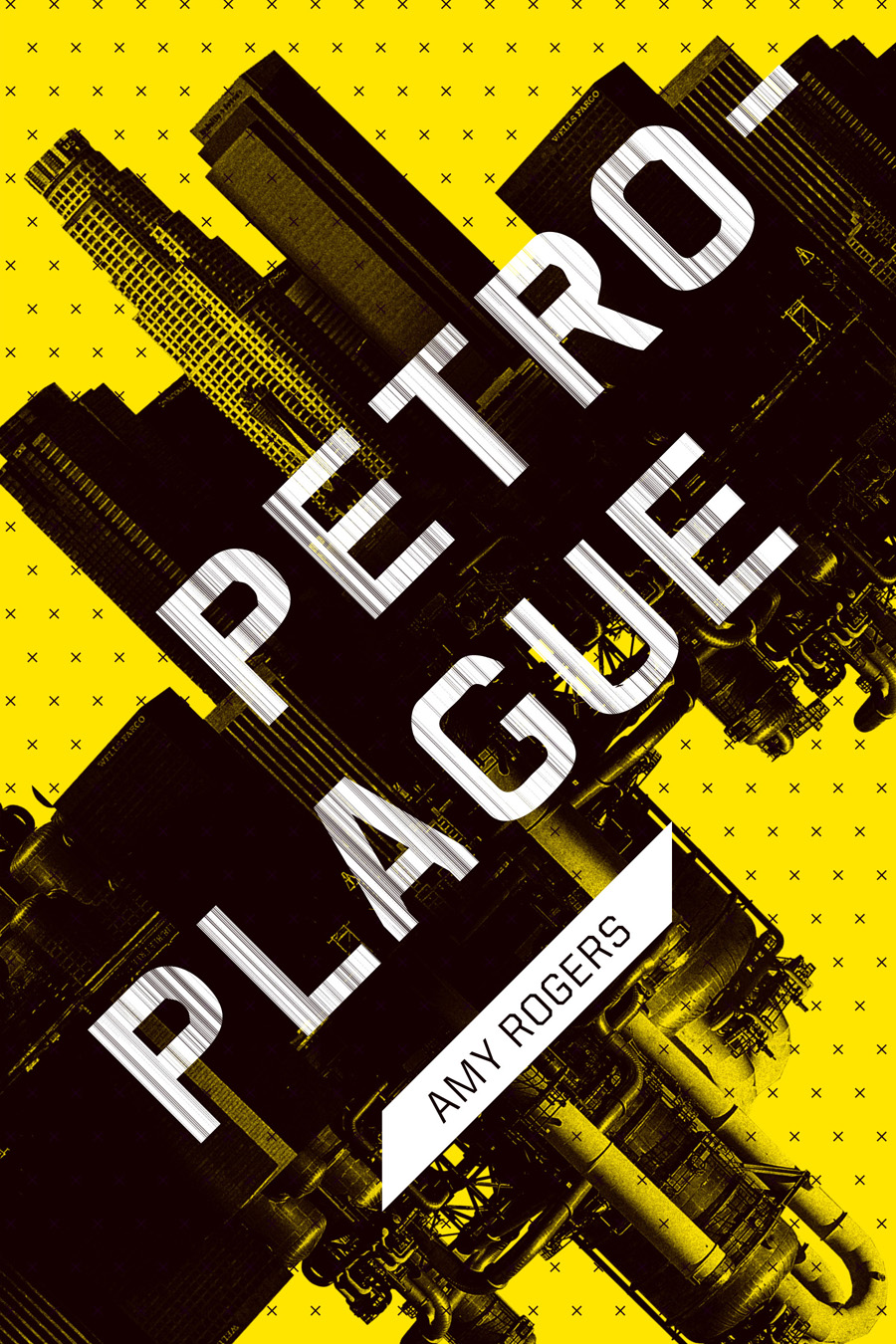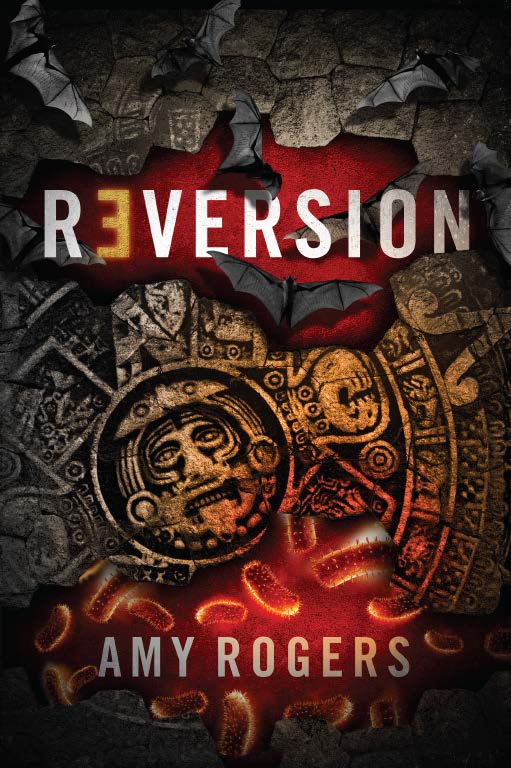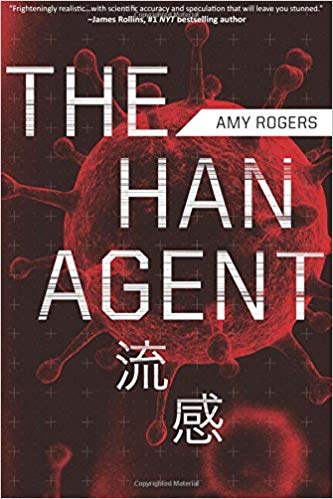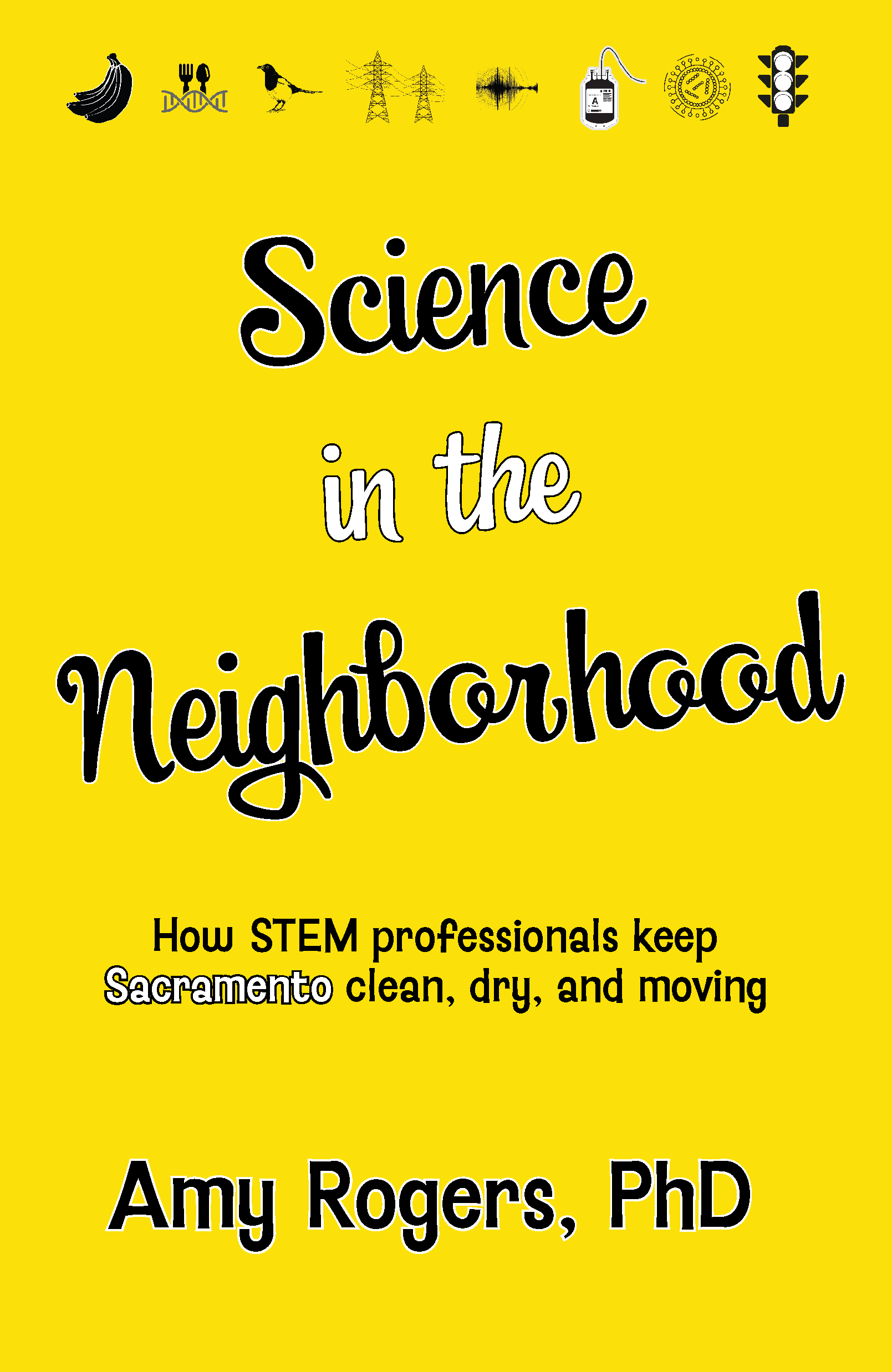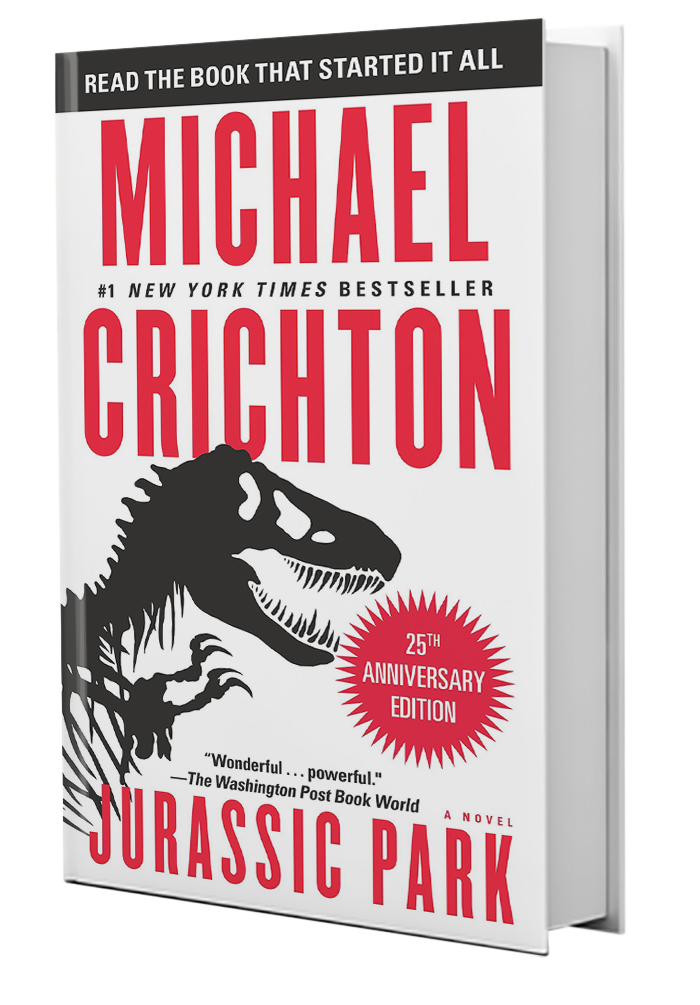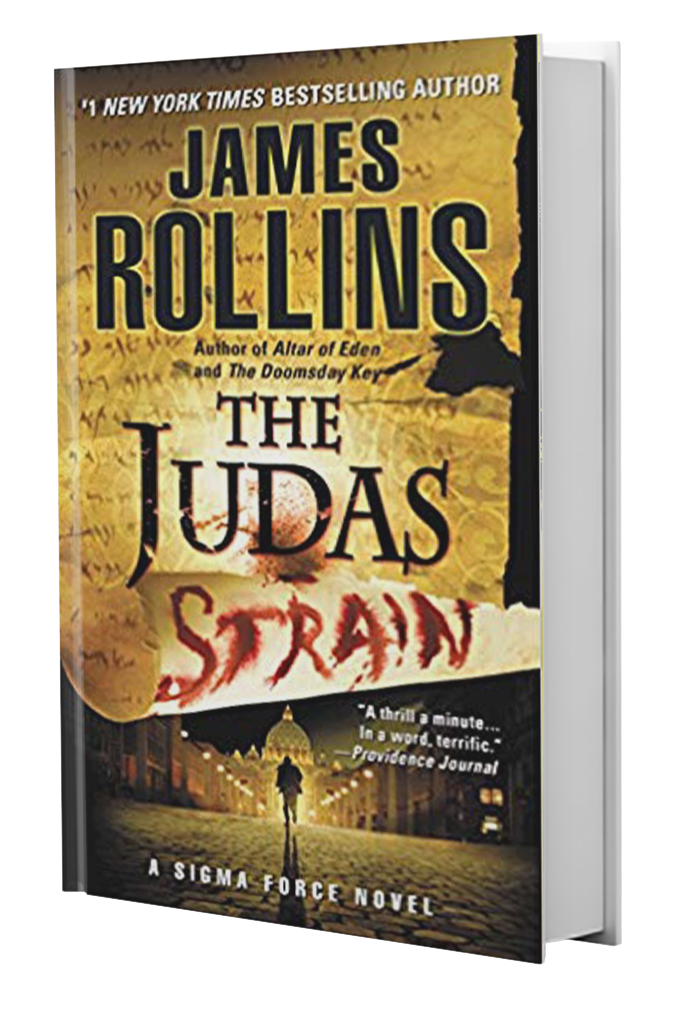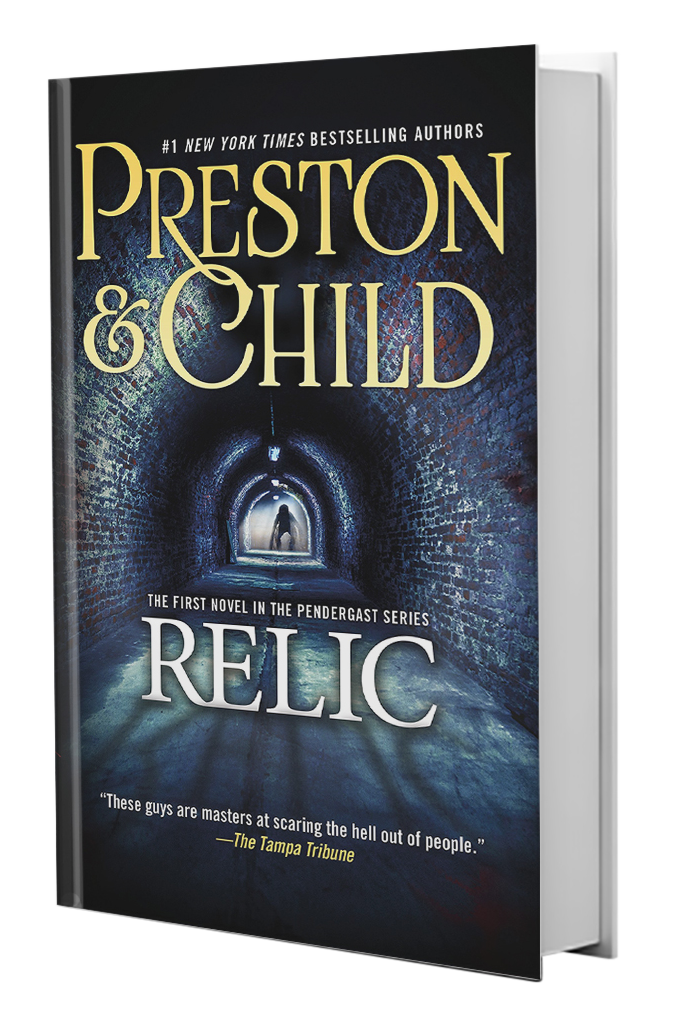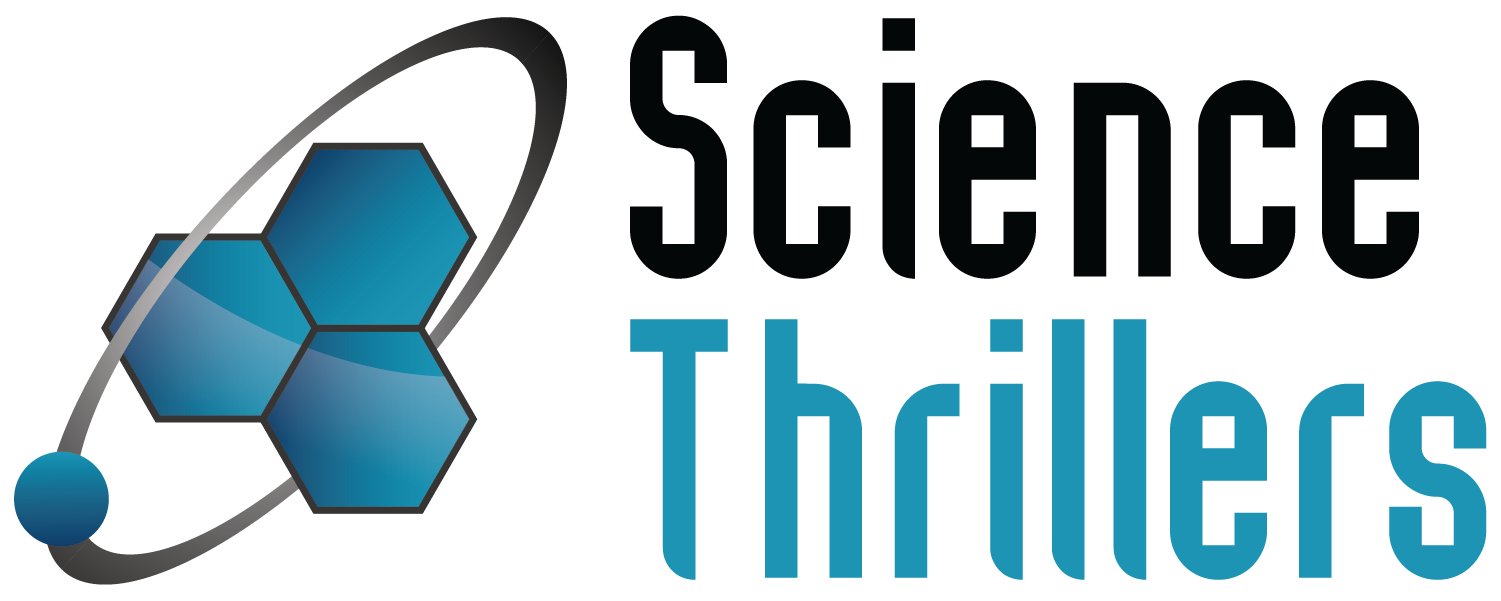What is a Science Thriller?
When I was teaching microbiology, the science inspired me with so many ideas for plots. When I started writing my microbe-based novels, a student said to me, “Oh, I love science fiction.”
Too bad I didn’t think I was writing SciFi. To me, SciFi was speculative, not grounded in the real world of the present day. So if not science fiction, what should I call my science-themed fiction?
Not SciFi, but SciThri. As in, science thrillers. Why not? People generally recognize medical thrillers, legal thrillers, technothrillers, espionage thrillers, international thrillers. Let’s call thriller novels with a scientist protagonist, and science in the plot, science thrillers.
How are science thrillers (SciThri) different from science fiction (SciFi)? There’s definitely overlap. Michael Crichton’s 1969 blockbuster The Andromeda Strain could be either hard SciFi or a science thriller with its laboratory setting and outer-space germs. But I’d say his Jurassic Park is SciThri all the way. I’ve reviewed over a hundred books in the SciThri category and written several SciThri novels of my own. In my opinion, here’s what makes a science thriller different.
Science Thrillers:
-
Usually fiction (novels or short stories) but can also be nonfiction (e.g. The Hot Zone)
-
Are set in the real world (or something recognizably similar to it)
-
Plot occurs in the present, though historical fiction science thrillers do exist (e.g. Deadly). Historical books are usually set in “the present,” just from the perspective of an earlier time, with no significant rewriting of history.
-
Science or medicine is important–nay, crucial–to the plot
-
Technology alone does not make a science thriller (e.g. military technothrillers such as Tom Clancy’s The Hunt for Red October don’t qualify)
-
Story must be plot-driven, page-turning, with some (or a lot of) action
-
The science should be largely grounded in scientific reality. If a scientific plot element is technically impossible, it must be plausible to an average reader.
Science Fiction:
-
Always fiction
-
May be set in any world, real or imagined, earth-bound or outer-space
-
Plot events may occur at any time (past, present, or future); the future and indeterminate times (“a long time ago in a galaxy far, far away”) are popular in this genre. History can be rewritten at will.
-
Science or technology may be important to the plot
-
May be plot-driven and action-packed, or can be quite literary
-
Scientific plot elements don’t have to be realistic. Time travel, warp speed, and mind-reading are all okay
The important difference, I think, is reader expectation. Hard SciFi has a strong association with the physical sciences, engineering, and space travel; hard SciFi stories often are not thrillers. A book like Jurassic Park, for example, doesn’t fit those expectations. Categorizing it as a science thriller, however, perfectly describes the kind of book it is.
Books by Amy Rogers
